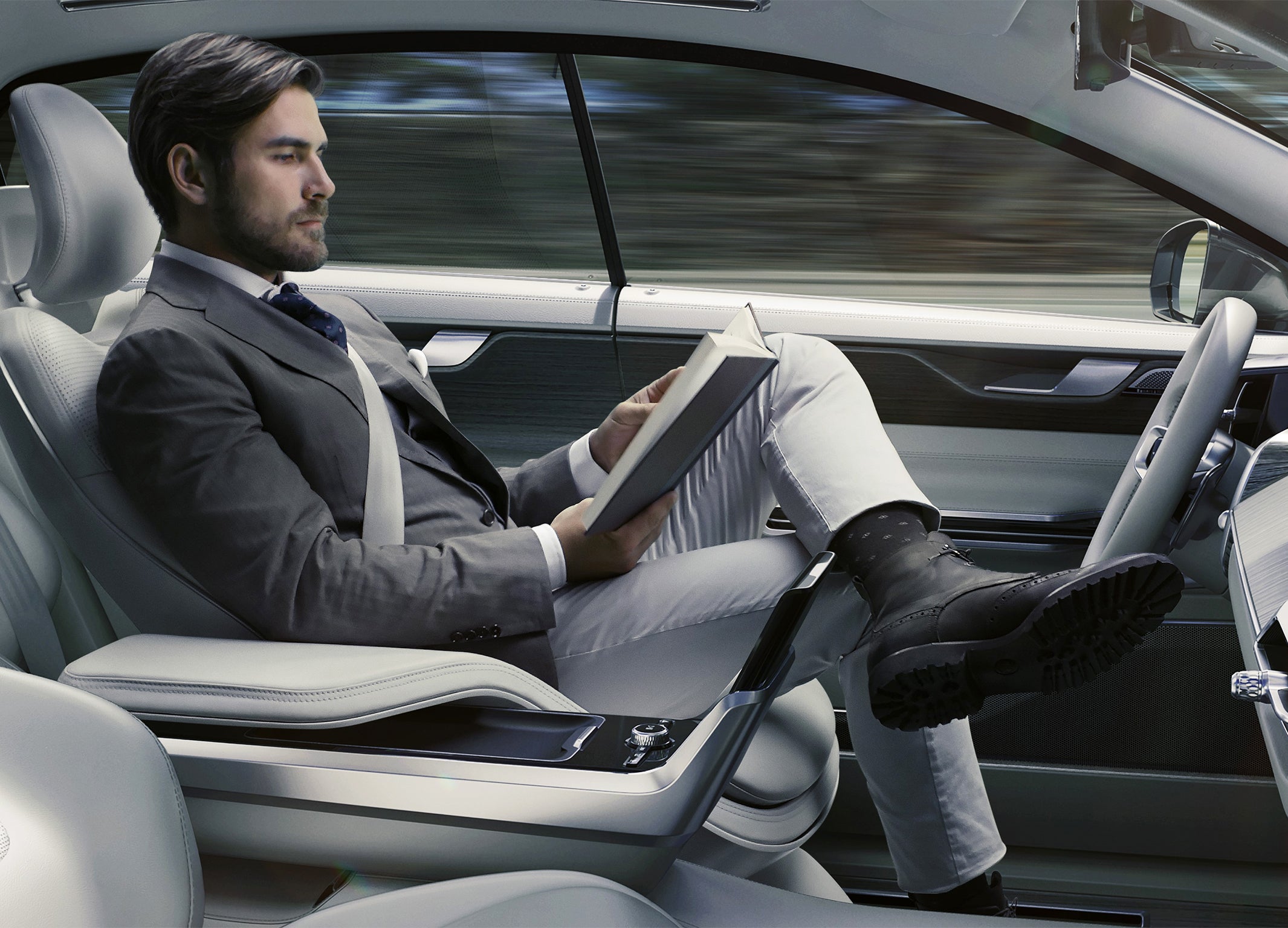Quarter of miles travelled in the US by 2030 predicted to be driverless
The Boston Consulting Group is forecasting a monumental shift in the motor industry as a result of the rise of the electric self-driving car

A quarter of all miles driven in the US could be in shared, self-driving electric cars by the end of the next decade, setting off a seismic shift that will upend the auto industry, according to a study on the rise of the autonomous age.
A convergence of three trends - ride sharing, autonomous driving and vehicle electrification - will drive the shift, the Boston Consulting Group said in a study released on Monday. The change will be most profound in cities with more than one million people, where consumers will find it more economically advantageous to exit their personal vehicles and start hailing robot taxis.
“The automotive industry is on the brink of a major transformation, and it’ll be here faster than people realise,” Justin Rose, a BCG partner leading its digital efforts for industrial companies, said in a statement. “For millions of Americans living in large cities, the next vehicle they purchase may be the last car they ever own.”
Auto companies will face wrenching changes as more than five million conventional cars are replaced by an estimated 4.7 million autonomous electric vehicles by 2030, the consulting company said. A typical Chicago consumer could cut his commuting cost by $7,000 (£5,650) a year by ditching a personal car in favour a shared autonomous electric vehicle, BCG said. That trend will make car dealers “less relevant” and turn “hundreds of billions of dollars’ worth of industry assets” into liabilities, BCG said.
The consulting firm projects that as many as 925 billion miles travelled in the US in 2030 will be in shared, self-driving electric cars. The shift will begin gradually in the early 2020s and could happen even faster if innovations in technology and breakthroughs in pricing accelerate.
“Automakers and parts suppliers would face the most profound challenge to their business models in a century,” BCG said in a statement. “This shift undermines the current industry business model.”
Auto makers and tech companies are racing to put robot cars on the road. Tesla, BMW, Daimler, General Motors, Ford and Volvo Cars have promised to produce fully autonomous cars within five years, as they work to overhaul their business models. Alphabet’s self-driving car unit, Waymo, is working with Fiat Chrysler on driverless Chrysler Pacifica mini vans and is in talks to put its technology into Honda models.
But BCG contends companies aren’t moving fast enough to keep up with the rapid pace of change that is coming.
“Few players are taking the bold steps needed to position themselves to thrive in this not-too-distant future,” said Brian Collie, an author of the study who heads BCG’s automotive practice. “The time to act is now.”
Bloomberg
Join our commenting forum
Join thought-provoking conversations, follow other Independent readers and see their replies
Comments